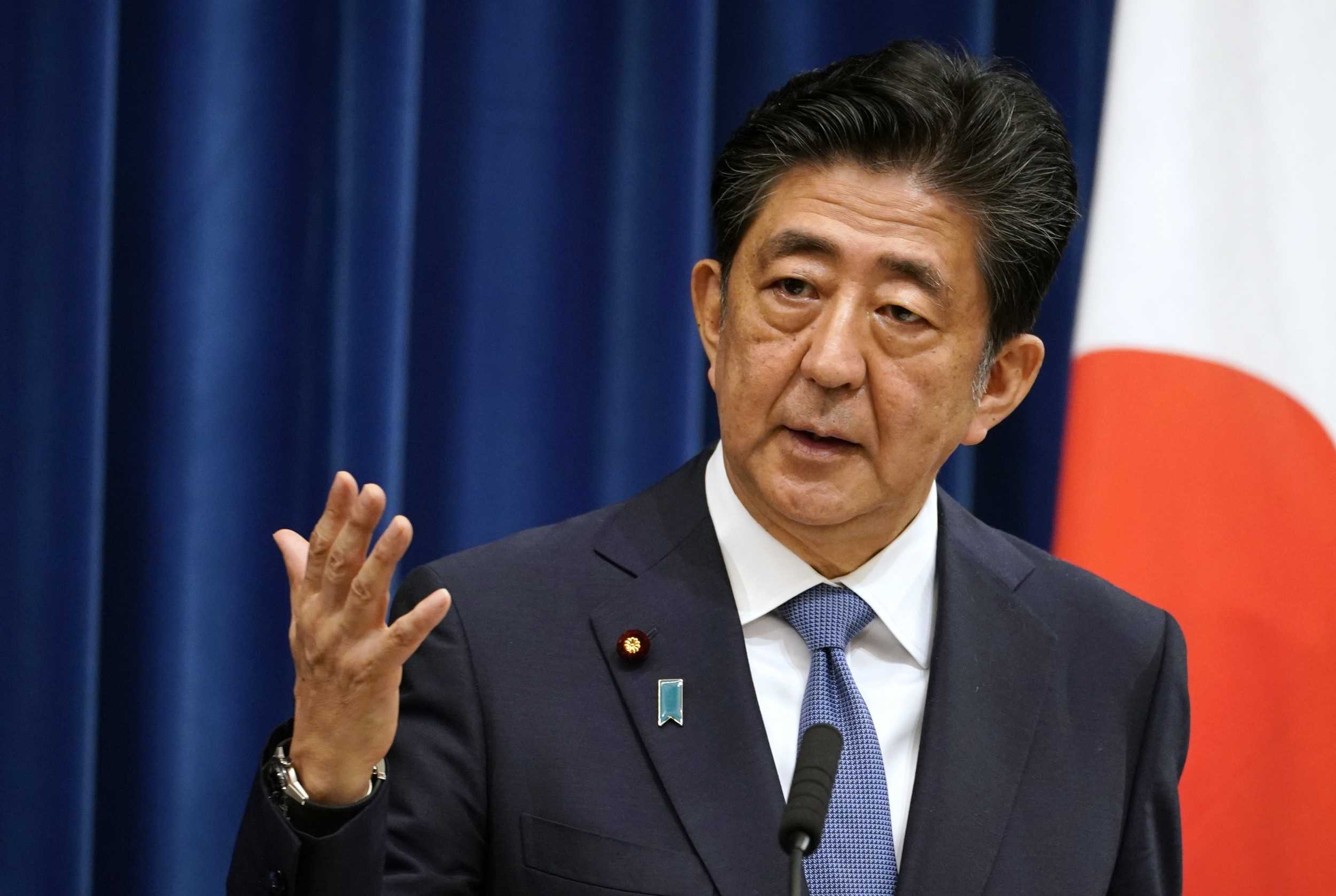
Shinzo Abe, Japan's longest-serving prime minister, was tragically assassinated on July 8, 2022. This shocking event sent ripples through Japan and the world, leaving many questions in its wake. Abe's leadership and policies had a profound impact on Japan's modern history, making his untimely death even more significant. The assassination occurred during a campaign speech in Nara, a rare and violent act in a country known for its strict gun control laws. Why was Shinzo Abe assassinated? The motive behind this tragic event remains a topic of intense speculation and investigation. This article delves into 20 key facts surrounding the assassination, providing a comprehensive look at the circumstances, the aftermath, and the legacy of Shinzo Abe.
Shinzo Abe: A Prominent Figure
Shinzo Abe, Japan's longest-serving prime minister, was a significant figure in global politics. His assassination shocked the world, leaving many questions and a trail of intriguing facts.
-
Shinzo Abe served as Japan's prime minister twice. First from 2006 to 2007, then from 2012 to 2020, making him the longest-serving prime minister in Japanese history.
-
Abe was known for his economic policies, dubbed "Abenomics." These policies aimed to revive Japan's stagnant economy through monetary easing, fiscal stimulus, and structural reforms.
-
He was a member of the Liberal Democratic Party (LDP). The LDP is Japan's dominant political party, and Abe's leadership significantly influenced its direction.
The Assassination Event
The assassination of Shinzo Abe was a tragic and unexpected event. Here are some key details about that fateful day.
-
Abe was assassinated on July 8, 2022. The incident occurred during a campaign speech in Nara, Japan.
-
The attack happened in broad daylight. This brazen act shocked the nation and the world, highlighting vulnerabilities in security measures.
-
The weapon used was a homemade gun. The assassin crafted the firearm, which added a layer of complexity to the investigation.
The Assailant
Understanding the person behind the assassination provides insight into the motives and circumstances surrounding the event.
-
The assailant was Tetsuya Yamagami. A 41-year-old former member of the Japanese Maritime Self-Defense Force.
-
Yamagami had a personal grudge against Abe. He believed Abe was connected to a religious group that had financially ruined his family.
-
Yamagami was arrested on the spot. Authorities quickly apprehended him, preventing further violence.
Security and Aftermath
The assassination raised numerous questions about security and the broader implications for Japan and the world.
-
Security measures were heavily scrutinized. The ease with which the assailant approached Abe led to a reevaluation of security protocols for public figures.
-
Abe's death led to a national mourning period. Japan and many other countries expressed their condolences and paid tribute to his legacy.
-
The assassination had political repercussions. It influenced the political landscape in Japan, affecting upcoming elections and party dynamics.
Global Reactions
The world reacted strongly to the assassination, reflecting Abe's international influence.
-
World leaders expressed shock and sorrow. Figures like Joe Biden, Boris Johnson, and Narendra Modi publicly mourned Abe's death.
-
International media extensively covered the event. The assassination dominated headlines, highlighting Abe's global significance.
-
The United Nations held a moment of silence. This gesture underscored Abe's impact on international diplomacy and peace efforts.
Legacy of Shinzo Abe
Despite his tragic end, Shinzo Abe's legacy continues to influence Japan and the world.
-
Abe's policies continue to shape Japan's economy. "Abenomics" remains a reference point for economic discussions and strategies.
-
He strengthened Japan's defense policies. Abe pushed for a more assertive defense stance, which continues to influence Japan's military policies.
-
Abe was a key player in international diplomacy. His efforts in fostering relationships with countries like the United States and India are still felt today.
-
He advocated for constitutional reform. Abe aimed to revise Japan's pacifist constitution, a goal that remains a topic of debate.
-
Abe's assassination remains a pivotal moment in Japanese history. It serves as a reminder of the ongoing challenges in ensuring the safety of public figures and the complexities of political life.
Reflecting on Shinzo Abe's Assassination
Shinzo Abe's assassination shocked the world. This tragic event highlighted the vulnerability of even the most prominent leaders. Abe, Japan's longest-serving prime minister, left a significant mark on his country and global politics. His death raised questions about security measures for public figures and the political climate in Japan.
Understanding the circumstances surrounding Abe's assassination helps us grasp the broader implications for international relations and domestic policies. It also reminds us of the fragility of peace and the importance of vigilance. Abe's legacy will continue to influence Japan's future, but his untimely death serves as a stark reminder of the ever-present risks faced by those in power.
By examining these facts, we gain a deeper appreciation for the complexities of political life and the ongoing need for security and stability in our world.
Was this page helpful?
Our commitment to delivering trustworthy and engaging content is at the heart of what we do. Each fact on our site is contributed by real users like you, bringing a wealth of diverse insights and information. To ensure the highest standards of accuracy and reliability, our dedicated editors meticulously review each submission. This process guarantees that the facts we share are not only fascinating but also credible. Trust in our commitment to quality and authenticity as you explore and learn with us.


